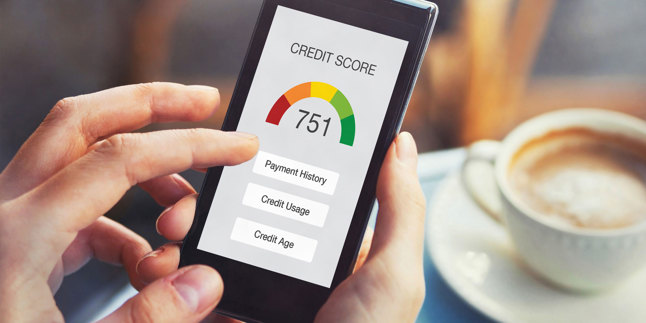Tips and Tricks for Creating a Monthly Budget
Creating a budget is a crucial step toward achieving financial stability and independence. It helps individuals and families prioritize their expenses, identify areas where they can cut costs, and save money for emergencies, retirement, or other long-term goals. However, for many people, the process of creating a budget can seem daunting or overwhelming, especially if they're not sure where to start or how to track their expenses. In this blog post, we'll offer some tips and tricks on how to create a monthly budget that works for you.
Determine Your Income
The first step is to determine your total monthly income. This can include your salary or wages, freelance or side gig earnings, investment income, or any other sources of regular income. If your income varies from month to month, you may want to take an average of your earnings over the past few months to get a more accurate picture.
Identify Your Fixed Expenses
Next, you'll want to identify your fixed expenses, which are the expenses that stay the same from month to month. These may include rent or mortgage payments, car payments, insurance premiums, and any other bills that are due on a regular schedule. Fixed expenses are typically easier to budget for since you know exactly how much you'll need to pay each month.
Track Your Variable Expenses
Variable expenses are expenses that can change from month to month, such as groceries, utilities, entertainment, and dining out. To get an accurate picture of your variable expenses, you'll need to track your spending for a month or two. You can use a budgeting app, spreadsheet, or pen and paper to record your expenses, and categorize them into different categories. This will help you see where your money is going and identify areas where you may be overspending.
Set Realistic Goals
Once you've identified your income and expenses, it's time to set some financial goals. These goals can be short-term, such as paying off a credit card balance or saving up for a vacation, or long-term, such as saving for a down payment on a house or retirement. It's important to set realistic goals that are achievable given your income and expenses. Don't try to save more than you can realistically afford, as this can lead to frustration and discouragement.
Prioritize Your Expenses
After you've set your goals, it's time to prioritize your expenses. This means identifying which expenses are essential and which ones you can cut back on if necessary. Essential expenses include things like housing, food, utilities, and transportation. Non-essential expenses may include things like dining out, entertainment, and subscription services. If you find that you're spending more than you can afford on non-essential expenses, consider cutting back or eliminating them altogether.
Create a Spending Plan
Now that you've identified your income, expenses, goals, and priorities, it's time to create a spending plan. This plan should allocate your income towards your expenses and goals in a way that makes sense for your situation. You can use a budgeting app or spreadsheet to help you create a detailed spending plan that includes all of your income, fixed expenses, variable expenses, and savings goals.
Review and Adjust Your Budget
Once you've created your budget, it's important to review it regularly to make sure that it's working for you. You may find that you need to adjust your budget if your income or expenses change, or if you need to reprioritize your goals. It's also important to be flexible and forgiving with yourself if you overspend or deviate from your budget occasionally. The goal of a budget is to help you stay on track and make informed financial decisions, not to restrict your spending or make you feel guilty.
Use Tools and Resources to Help You Stay on Track
There are many tools and resources available that can help you stay on track with your budget. For example, you can set up automatic bill payments to ensure that you never miss a payment, use a budgeting app to track your expenses on the go or sign up for alerts from your bank or credit card company to notify you when you're close to exceeding your budget in a particular category.
Celebrate Your Successes
Of course, it's important to celebrate your successes along the way. Whether you've paid off a credit card balance, saved up for a vacation, or made progress toward a long-term goal, take time to acknowledge your hard work and accomplishments. This can help you stay motivated and committed to your budget over the long term.
Creating a monthly budget is an essential step toward achieving financial stability and independence. By identifying your income, expenses, goals, and priorities, you can create a spending plan that works for your situation and helps you make informed financial decisions. While it may take some time and effort to create a budget that works for you, the rewards of financial security and peace of mind are well worth the investment.
Tags: Monthly Budgeting Personal Finance
Related Posts

Strategies for Building Your Emergency Fund Today

Navigating the World of Personal Finance

Safeguarding Your Finances in the Digital Age

Financial Planning Tips for Freelancers and Contractors

Tips to Budget Effectively for the Holiday Season

Practical Tips for Busy Parents to Manage Family Finances

Exploring 529 Plans

